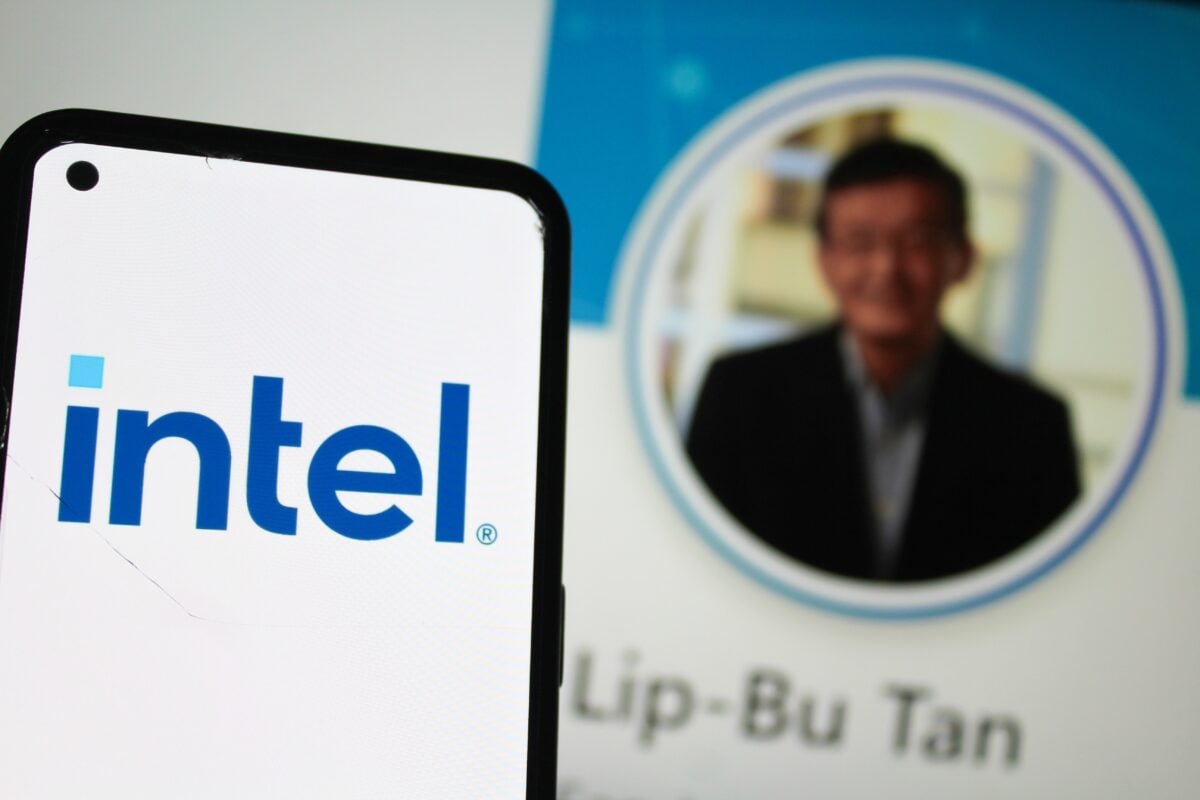TLDRs;
Contents
- Senator Tom Cotton questions Intel CEO Lip-Bu Tan over $200M Chinese chip investments linked to military ties.
- Concerns arise over Intel receiving U.S. defense funding while CEO’s past business dealings face scrutiny.
- Cadence Design, once led by Tan, pleads guilty to selling chip tools to Chinese military university.
- Regulatory changes heighten pressure on executives to disclose and divest from foreign tech investments.
U.S. Senator Tom Cotton has raised pointed questions about Intel CEO Lip-Bu Tan’s prior investments in Chinese semiconductor companies, some of which were linked to the country’s military.
In a letter addressed to Intel’s board chair, Cotton pressed for clarity on whether the company’s leadership knew about subpoenas issued to Cadence Design Systems during Tan’s tenure as CEO, and whether Tan had disclosed or divested from such holdings.
The probe comes as Intel continues to receive significant federal funding through a Biden administration initiative aimed at securing defense-related microelectronics. The concern is whether Tan’s prior business ties could pose potential national security risks in light of U.S. policy priorities.
$200 Million in China-Linked Investments
According to a Reuters investigation, Tan and his venture funds invested at least $200 million between 2012 and 2024 into Chinese chip and manufacturing firms, including entities with known connections to the Chinese military and Communist Party.
A source claimed in April that Tan had divested from these holdings, but specific details remain undisclosed. The timing of Cotton’s inquiry coincides with the rollout of the Treasury Department’s Outbound Investment Security Program, effective January 2, 2025, which mandates strict reporting and, in some cases, outright bans on U.S. investments in semiconductors, quantum technologies, and AI sectors in China, Hong Kong, and Macau.
These regulations are designed to address national security risks and will likely intensify oversight for companies like Intel that straddle both commercial and defense markets.
Cadence Case Adds Fuel to Concerns
The controversy deepened after Cadence Design Systems, where Tan served as CEO, agreed last week to plead guilty and pay over $140 million for illegally selling chip design software to a Chinese military university.
The violation, which occurred under Tan’s leadership, has raised red flags in Washington about whether executives with similar backgrounds should be leading federally supported defense-related firms.
While Intel has not been accused of wrongdoing, the optics of this case have amplified scrutiny over Tan’s suitability to head a company playing a pivotal role in America’s semiconductor strategy.
Intel’s Internal Oversight Push
Amid the heightened attention, Tan announced in July that he would personally review and approve all major chip designs before they reach the tape-out stage.
The decision, revealed during Intel’s Q2 earnings call, is part of a broader effort to strengthen the company’s product reliability and development process.
Tan emphasized that his experience in chip design, including addressing multi-threading issues in upcoming products, positions him to add value in this role. Whether this heightened internal oversight will ease congressional concerns remains to be seen, as the semiconductor industry’s deep interconnection between U.S. and Chinese markets continues to complicate policy and security debates.


